New Proofs for God’s Existence
Such was the name for a talk recently given at UT Dallas by Robert C. Koons, a philosophy professor from UT Austin. Actually, Koons is currently a visiting scholar at Princeton but took time out of his busy schedule to make a special trip to the Dallas area to speak on our campus.1 I was originally wondering whether or not Koon’s requested title might be over-stating the theistic case by claiming to be a “proof.” Wanting to be conservative in our claims, I added this footnote on our poster used for advertising the event:
“’Proof’ in the sense that the conclusion follows out of logical necessity if the premises are granted. Arguments are made for the truth of the premises but it is recognized that the premises cannot be proven with mathematical certainty.”
In retrospect perhaps this was probably unnecessary as everyone should know that even a valid proof is only as good as its premises. Even in math, axioms upon which proofs are based cannot themselves be proven. Gödel’s second incompleteness theorem shows that all but the most trivial mathematical systems cannot demonstrate their own consistency. But I think that Koon’s argument did rise to the level of what is meant by proof in philosophy. There are ways of resisting any proof, but the intellectual cost of denying a premise that nearly all people accept in other contexts is a high price to pay.
So what is this “new proof?” The overall argument Koons was making is actually one of the oldest around – a cosmological argument for God’s existence similar to that argued by ancient Greek and Roman philosophers, Jewish, Christian, Muslim thinkers, and even 10th-century Indian thinkers of the Nyaya School. However, Koons did present new arguments for the truth of the key premise of the argument.
Here is a video of Koon’s recent presentation on the UTD campus.
Summary
Here is my rough attempt to summarize Koons’ arguments but you really need to see the video for details. Koons started off by saying that if you can know that there is a hand with five fingers in front of you, then you can know that God exists. You know about your hand through empirical knowledge – by observation and memory, and the testimony of others. These are the same means that are necessary for scientific and historical reasoning. Anything that we know empirically is linked by a chain of causes. For example, sensory perception involves light being reflected into your eyes, stimulating your retina such that a message is sent through your optic nerve to the brain. Scientific reasoning infers causes from effects or effects from causes. If any of the steps involved in seeing your hand could occur without a cause, knowledge would be impossible.
Does everything have a cause?
Everything involved as a link in the chain of empirical knowledge must have a cause. If, for example, visual sensations could occur without any cause whatsoever, it would undermine our scientific inferences because such “uncaused” sensations would be completely unpredictable and would have a probability which could not be estimated. We would have good reason to think that we might be “Boltzmann brains” right now – with nothing but illusory sensations.
Empirical knowledge, such as knowing there is a hand in front of you with 5 fingers, is impossible unless we know that every step involved necessarily has a cause. We can’t know the principle that every step in a causal chain necessarily has a cause by empirical means (at least without vicious circularity). Thus, this type of minimal principle of sufficient reason must be a self-evident principle of reason. To doubt this is the unhealthy kind of doubt because it undermines all empirical knowledge.
However, surely there is one sort of thing that could fail to be caused without threatening empirical knowledge – things that are obviously uncausable. We here refer to things which are not just uncaused but self-evidently uncausable. If absolutely everything had a cause, then the network of causation would have to contain either loops (things that caused themselves) or infinite regresses. However, nothing can cause itself, since it would have to simultaneously both exist (in order to be the cause) and not exist (in order to be a potential effect). So if we can show the impossibility of an infinite regress of causes, then the contingent effects we see in the universe must ultimately trace back to an uncausable cause.
Analogies to Show the Impossibility of an Infinite Regress of Causes
Couldn’t there be an infinite regress of causes just extending back into the eternal past? Koon argues not and gives several examples of contradictions entailed by an infinite regress of causes:
1) The Grim Reaper – this analogy was originally conceived by Jose Benardete in 1964 and modified slightly by Alexander Pruss.2 Consider a Grim Reaper (GR) who will kill Fred in 1 BC but if only if all other GRs failed to previously. Similarly, an additional GR will kill Fred in 2 BC if he is still alive in that year. There is a separate GR for each year prior to that with the same instructions going back into the infinite past. This story is possible if an infinite regress is possible. However, this scenario is not logically possible because it leads to a contradiction. At least one Grim Reaper has initiated a death warrant, since otherwise, all would have failed to do their duty. Suppose it was the N’th GR. But GR #N would have acted only if all earlier GR’s did not act. So both GR #(N+1) and GR #(N+2) did not act. But if GR #(N+2) and all earlier GRs did not act, then GR #(N+1) would have acted and thus a contradiction results. Thus we have a reductio ad absurdum, and an infinite regress is logically impossible.
2) Even if an infinite regress was possible, an explanation would still be required according to a new argument by Alexander Pruss: http://alexanderpruss.blogspot.com/2013/06/cannonball-and-regress.html.
3) Koons also provides a counter-example from considering an infinite fair lottery. See the video for details.
Koons then argued that the attributes that we can deduce for a first cause to the universe correspond to some of the key properties of God in classical theism. He also went on to cite some scientific evidence that points to a Creator from evidence for an origin to the universe and from the fine-tuning of the laws and constants of nature to be life-supporting.
Koons closes by saying that “my overall point here is [that] theistic metaphysics is not a competitor to empirical science. Quite the contrary, if you don’t buy into theistic metaphysics, you’re undermining empirical science. The two grew up together historically and are culturally and philosophically inter-dependent… If you say I just don’t buy this causality principle – that’s going to be a big big problem for empirical science.” This is a powerful argument for God’s existence – if you want to explore additional writings on this subject I recommend the following:
Powerpoint summary of a similar argument by Joshua Rasmussen
A paper by Alexander Pruss and Richard Gale published by Cambridge University Press
Notes
[1] He was coming from New Jersey anyway to Waco to participate in a philosophy conference at Baylor honoring Alvin Plantinga but made the special trip to Dallas.
[2] Jose Benardete’s Infinity: An Essay in Metaphysics (1964)

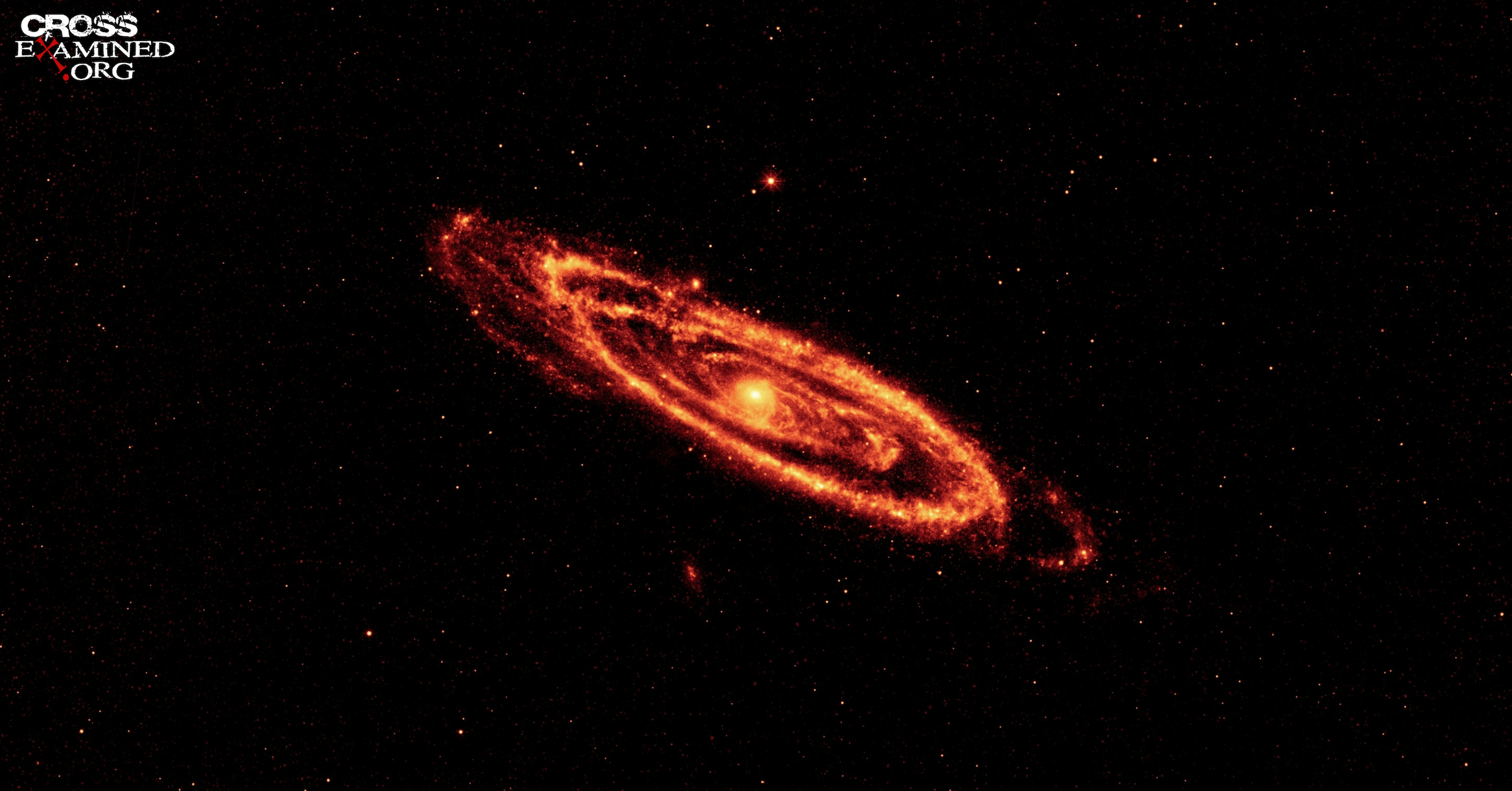
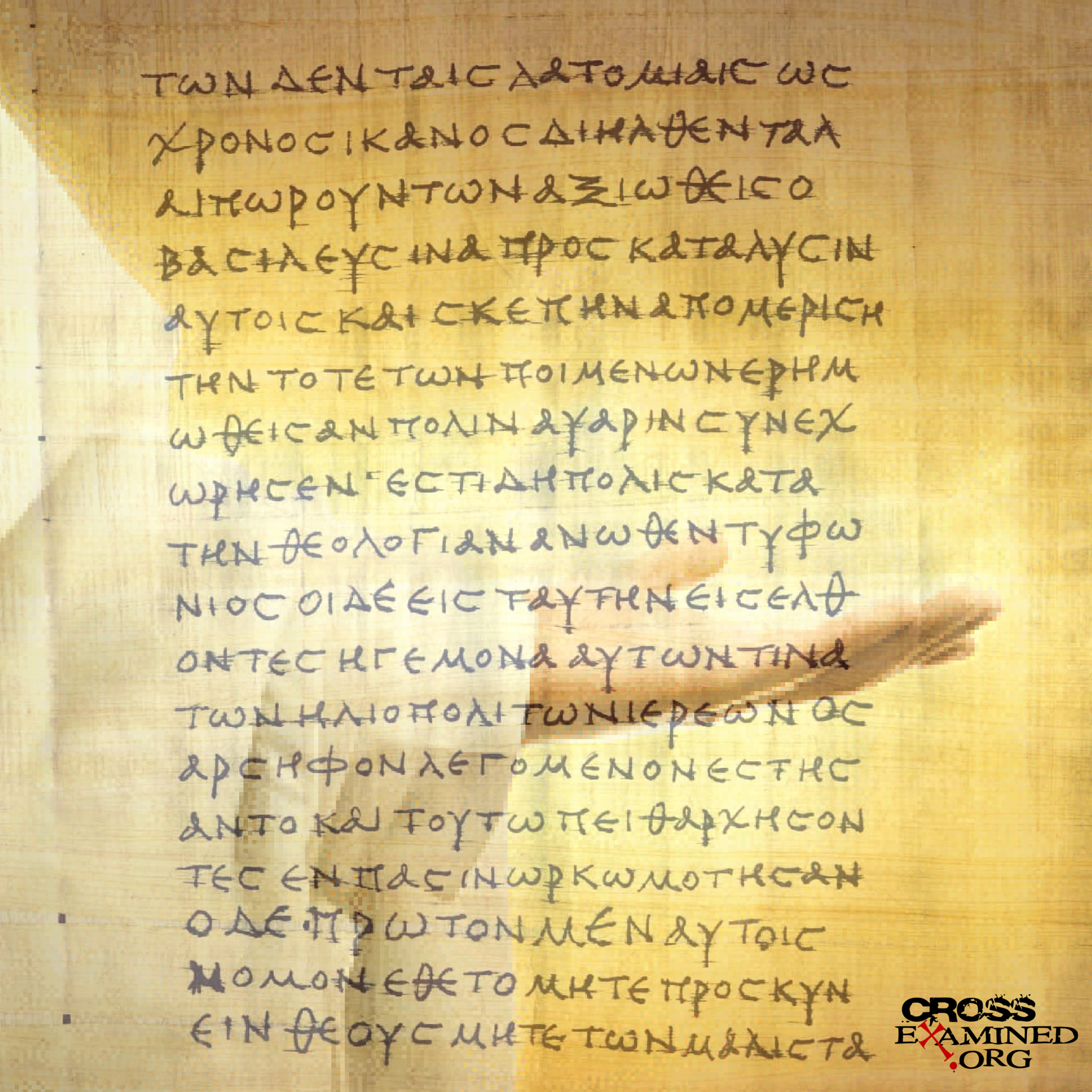
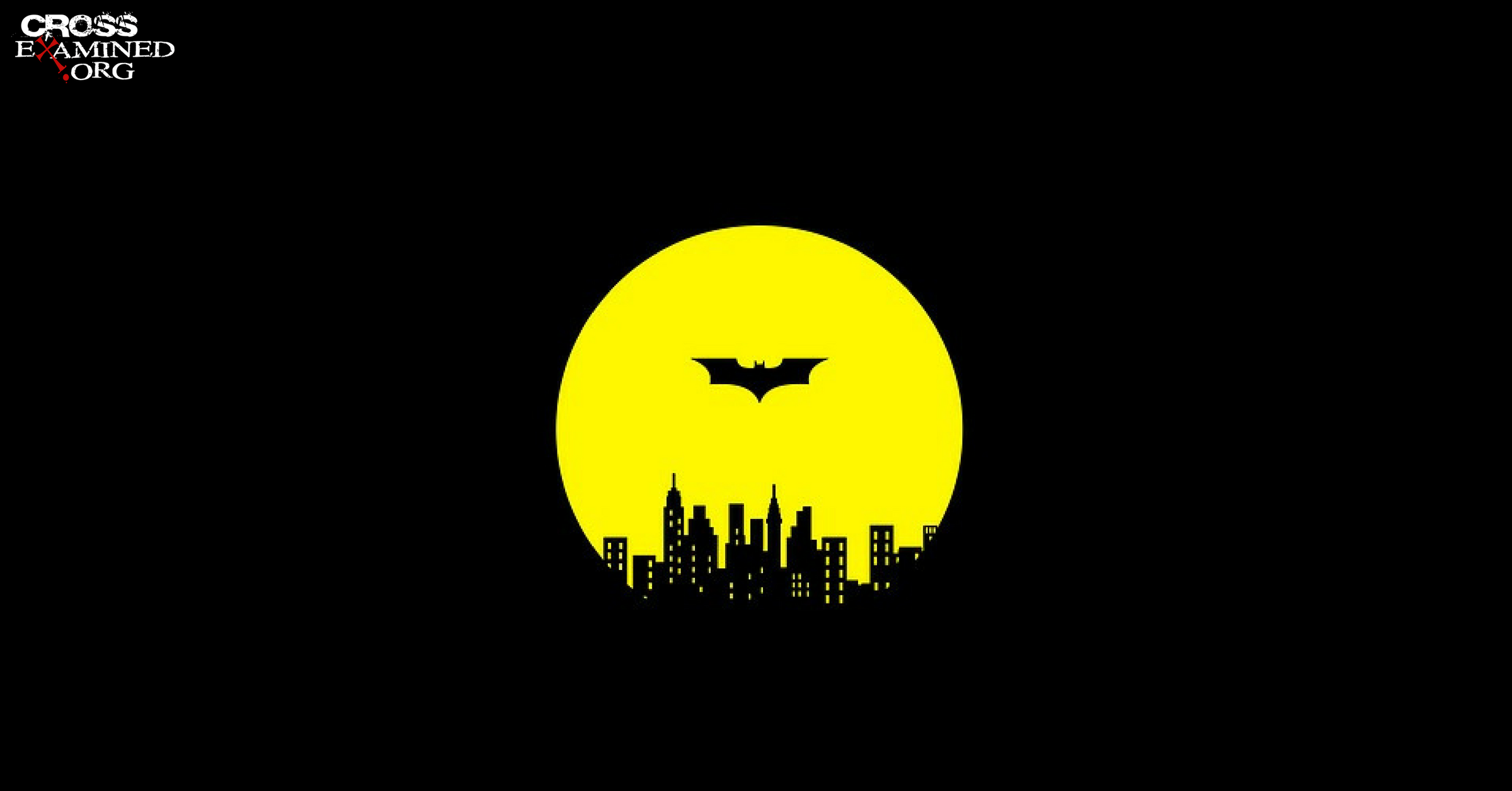


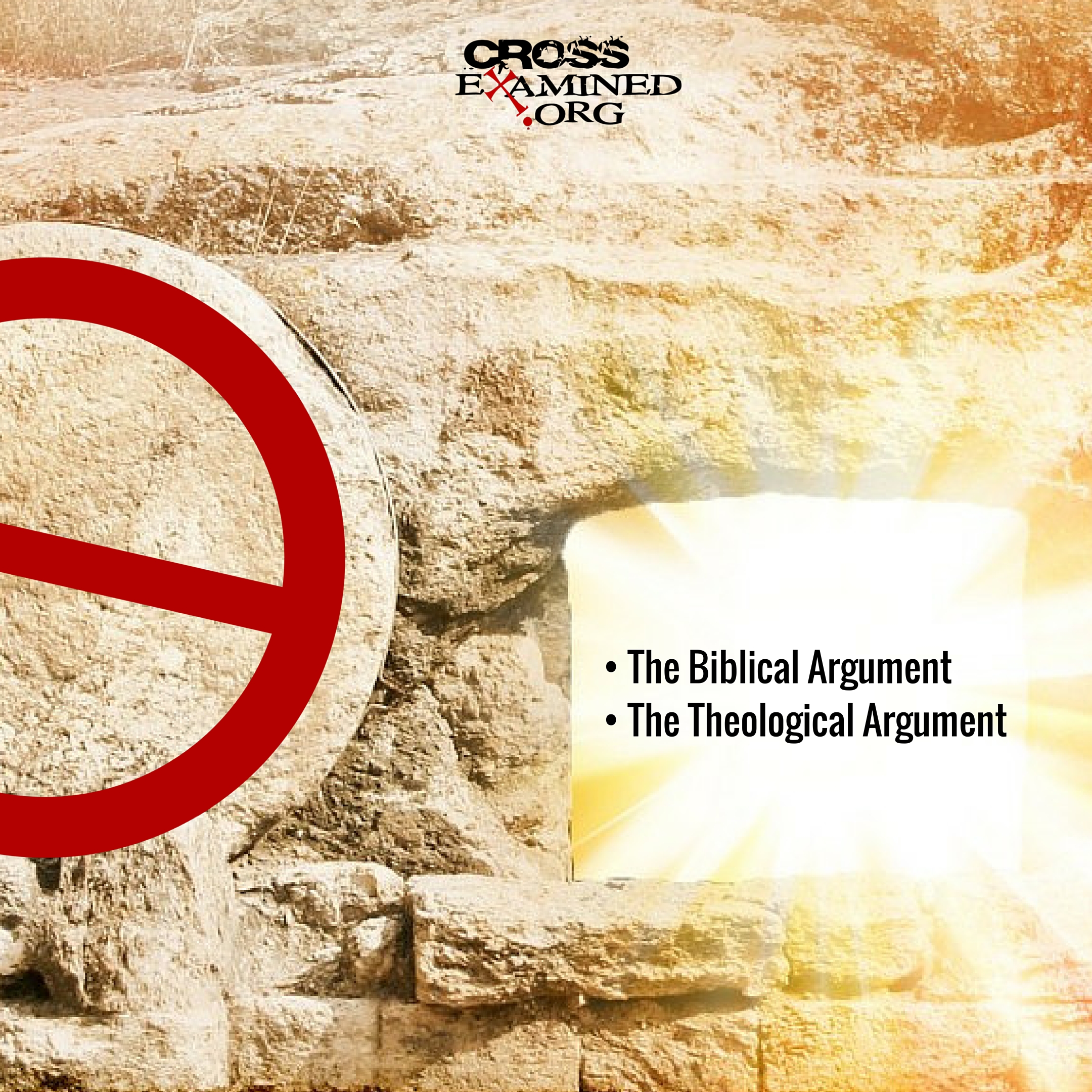

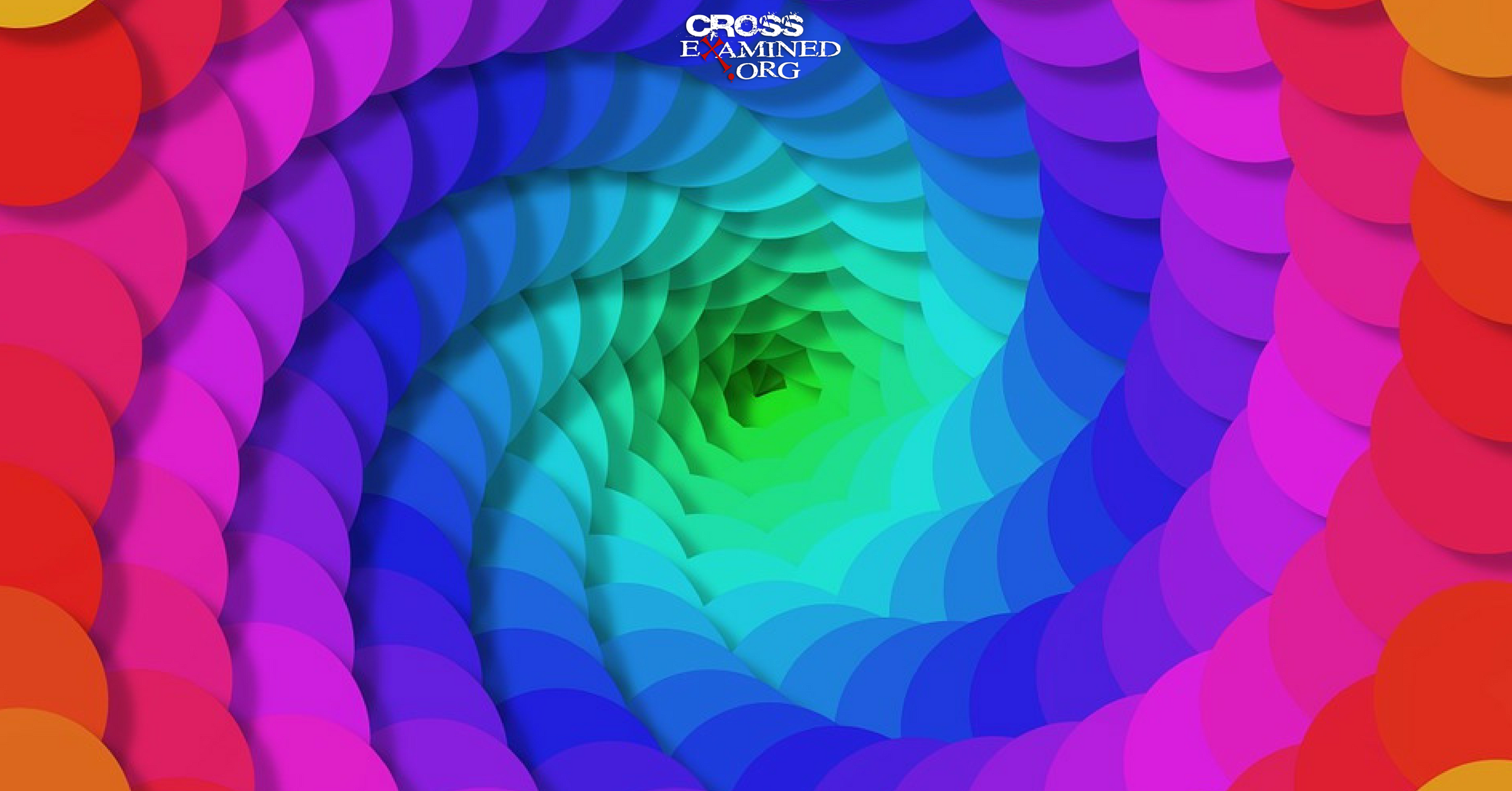


Leave a Reply
Want to join the discussion?Feel free to contribute!